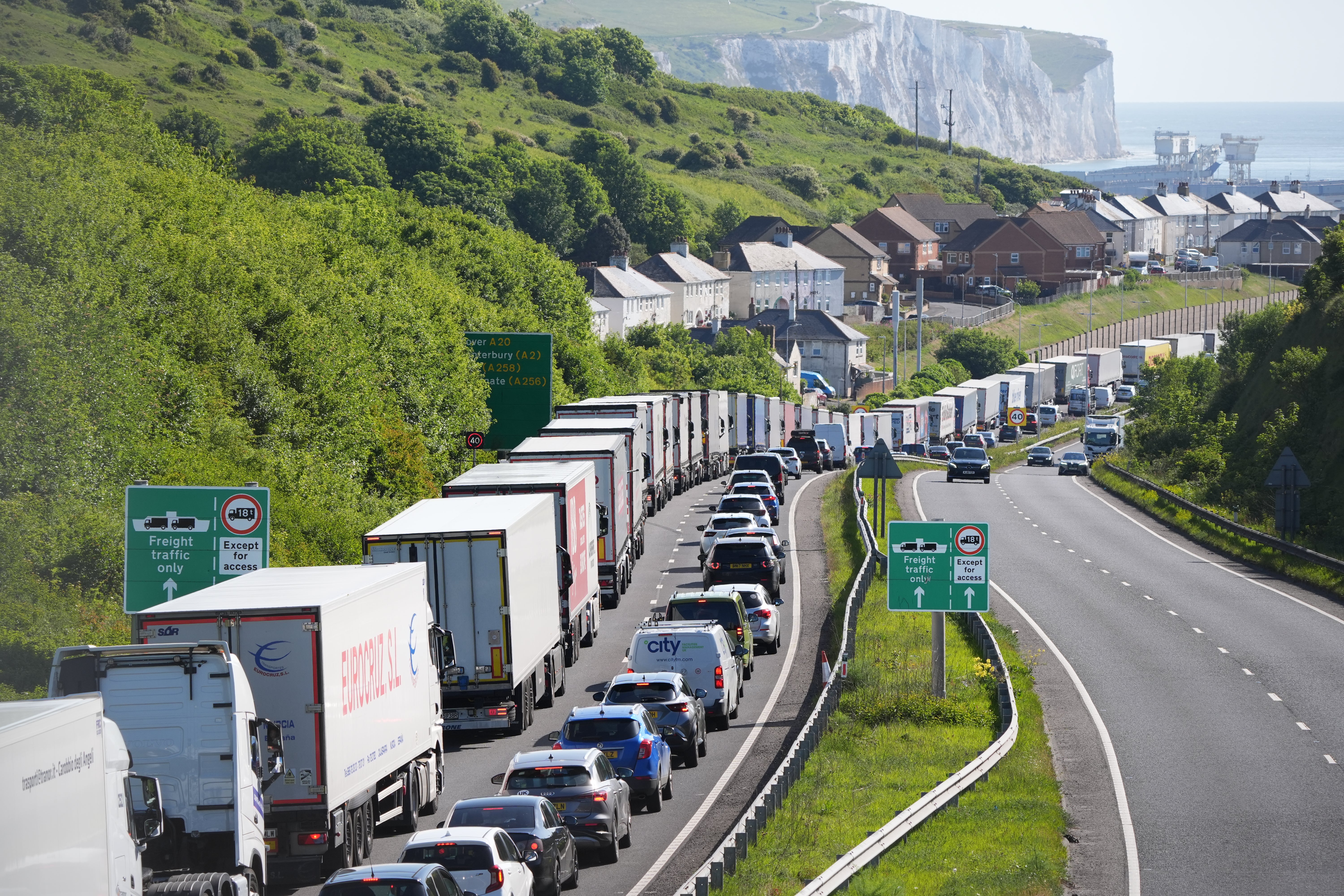British citizens will be required to have their fingerprints scanned whenever they go to the European Union due to delays in the development of digital biometrics software.
Every UK passenger entering the Schengen area will need to exit their car to be photographed and fingerprinted individually. A spokesperson for the Port of Dover, which facilitates transit and trade with countries like France and the Netherlands, told The Independent the plans will be rolled out in the autumn.
This is because a new biometric entry-check system for non-EU citizens was expected to be implemented last year, but this has been postponed.
The Independent initially reported on the delay to the new system at the end of 2024, with suggestions that the demand for fingerprints may quietly be dropped.

Doug Bannister, the port’s chief executive, told The Guardian it will be “business as usual” this summer but said “a big change” in travel will be phased in from November.
An individual’s fingerprint or a picture of their face will be checked alongside their passport number on every trip. The technology is being utilised to eliminate “wet stamping” of passports and enable an automated recording of the duration of visitors’ stays in mainland Europe.
In time, an app installed on UK Border Force tablets is intended to be passed into the car to verify each person’s fingerprints.
However, Mr Bannister said the app, which has been developed by the EU’s border agency Frontex, “won’t be ready any time before November, but hopefully it could come swiftly after that”. Frontex said it was up to each member state to implement its use.
Mr Bannister admitted “second, third, fourth time travellers still need to have a biometric captured at the border”. This means that passengers will still be required to step out of their vehicles every time until the app is ready.
There will be significant infrastructure improvements in Kent in an effort to reduce disruptions to cross-border transport.
To accommodate passengers getting off cars and buses, the Port of Dover is reclaiming 13 hectares of land.
In a solution supported by the UK and French governments, the port said it will create a virtual system around 1.5 miles across the port’s surrounding area for checks.
Mr Bannister is certain that the upcoming inspections at the port, which handles up to 10,000 trucks and 15,000 passenger cars every day during the summer, will require only an extra six minutes to each trip.




